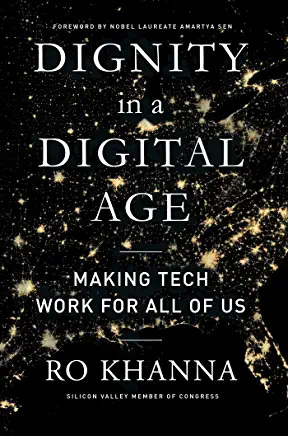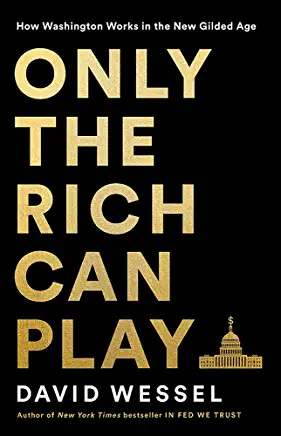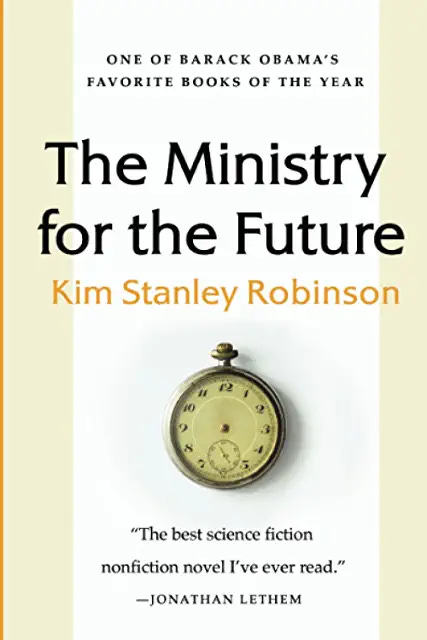Why can’t the U.S. Senate be more like it was in the 1960s, when members of “the world’s greatest deliberative body” put the interests of the country first?
Editor’s Notes: The author of this editorial, Ira Shapiro, is a former Senate staffer who has written three books about the Senate: The Last Great Senate: Courage and Statesmanship in Times of Crisis (2012); Broken: Can the Senate Save Itself and the Country? (2018); and The Betrayal: How Mitch McConnell and the Senate Republicans Abandoned America (2022). This essay includes some text included in Mr. Shapiro’s books, with the permission of Rowman & Littlefield Publishers’ Inc. Mr. Shapiro’s speeches and articles about the Senate can be found on his website, www.irashapiroauthor.com.
In the American constitutional system, no one person should be able to undermine our institutions and jeopardize our democracy. The framers of the Constitution wanted a strong central government because the weakness of the Articles of Confederation had revealed the limits of what the states could accomplish on their own. But, having fought the American Revolution to free the colonies from Great Britain and its monarch, our founders feared the possibility of an overreaching executive who would seek to become a king or an autocrat. They also feared a president who might be corrupt, pursuing personal gain instead of the national interest, and that he could be susceptible to powerful foreign influences.
Consequently, the founders designed a system of checks and balances, the most distinctive feature of which was the Senate. They made it the strongest upper house in the world, with the power to “advise and consent” on executive and judicial nominations, to ratify treaties, and to hold impeachment trials.
Robert C. Byrd, the longest-serving senator and its most dedicated historian, who understood the Senate’s potential and hated when it failed to reach that mark, wrote that “the American Senate was the premier spark of brilliance that emerged from the collective intellect of the Constitution’s framers.”
James Madison, characteristically, cut to the heart of things in a letter to Thomas Jefferson in 1787. He called the Senate “the great anchor of the government…Such an institution may be sometimes necessary as a defense to the people against their own temporary errors and delusions.”
The Senate would be assigned many functions, but it had one fundamental, overriding responsibility: to be a bulwark against any leader who would abuse the powers of the presidency in ways that threatened our democracy. Some 230 years later, when just such a president finally reached the White House, the Senate should have been democracy’s strongest line of defense.
Instead, a nightmare scenario played out: the Senate, weakened from a long period of accelerating decline, riven by hyper-partisanship, and led by a paper-thin Republican majority, proved incapable of checking Trump’s authoritarian desires. Sometimes, the Senate aided and abetted Trump; other times, it simply stood by and allowed him to rampage unchecked. Any fair historical assessment will blame the Senate for its dereliction of duty – a failure to prevent President Trump’s assault on our democracy as he worked to prevent the peaceful transfer of power after losing the 2020 election to Joe Biden.
It is impossible to understand the decay of our politics and the breakdown of our government, even before Trump’s presidency, without recognizing that the Senate was ground zero for America’s political dysfunction; it is the political institution that failed the country the longest and the worst. The Senate’s failure was particularly crippling because it was supposed to be not only a check on a rogue president, but the balance wheel and moderating force in our political system – the place where the two parties come together to find common ground through vigorous debate and principled compromise to advance the national interest.









